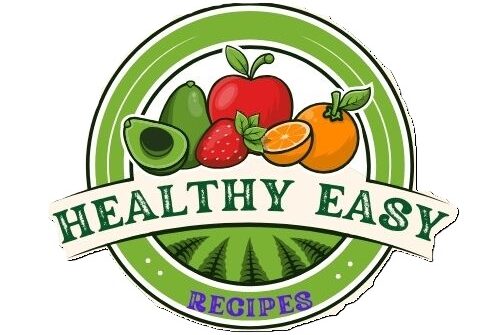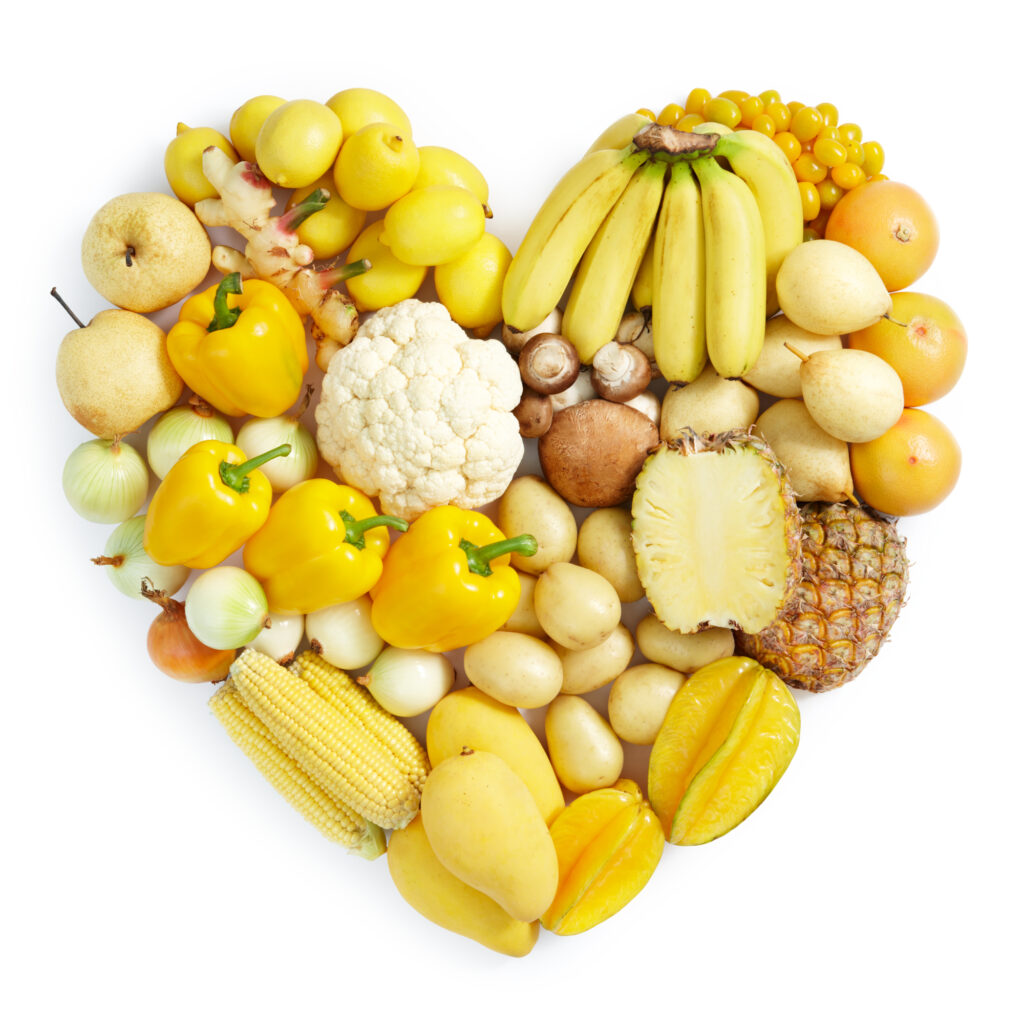Want More Energy? These 8 High-Protein Foods Are a Must
Protein is a vital nutrient that helps build and repair tissues, make enzymes and hormones, and support a healthy immune system. As a result, it is essential to include high-quality protein sources in your diet to ensure that you’re meeting your daily nutritional requirements. In this article, we’ll explore the top 8 high-protein foods recommended by a registered dietitian.
Eggs
Eggs are an excellent source of high-quality protein, containing around 6 grams per large egg. They are also rich in essential amino acids and other nutrients like vitamin D and choline. Eating eggs can help to promote feelings of fullness and may even help with weight loss. One large egg contains about 6 grams of protein, making it a great source of high-quality protein. Eggs also contain essential nutrients like choline, vitamin D, and vitamin B12
Greek Yogurt
Greek yogurt is a high-protein food with twice the amount of protein found in regular yogurt. It also contains fewer carbohydrates and less sugar, making it an excellent option for those looking to manage their blood sugar levels. Greek yogurt is also a rich source of calcium and probiotics, which can help to support gut health. One 6-ounce serving contains around 17 grams of protein. It is also rich in calcium, probiotics, and vitamin D.
Lean Meat
Lean Meat Lean meats like chicken, turkey, and lean beef are excellent sources of high-quality protein. They are also low in fat and calories, making them a great option for those looking to manage their weight. Lean meats are also rich in essential nutrients like iron, zinc, and B vitamins, which are vital for maintaining overall health. Lean meats like chicken breast, turkey breast, and lean beef contain 25-30 grams of protein per 3-ounce serving. They are also low in fat and calories, making them an excellent option for those looking to maintain a healthy weight.
Fish
Fish Fish is an excellent protein source and rich in heart-healthy omega-3 fatty acids. Fatty fish like salmon, sardines, and mackerel are exceptionally high in protein and omega-3s. Eating fish regularly can help to reduce inflammation, improve heart health, and support brain function. Fatty fish like salmon, sardines, and mackerel contain around 20-25 grams of protein per 3-ounce serving. They are also rich in heart-healthy omega-3 fatty acids, which have been shown to reduce inflammation and improve heart health.
Beans and legumes
Beans and Legumes Beans and legumes like chickpeas, lentils, and black beans are a great source of plant-based protein. They are also high in fiber, which can help to promote feelings of fullness and improve gut health. Additionally, beans and legumes are rich in iron, magnesium, and other essential nutrients. One cup of cooked beans contains around 15 grams of protein. They are also high in fiber, iron, and other essential nutrients.
Nuts and seeds
Nuts and Seeds Nuts and seeds are an excellent source of protein, healthy fats, and fiber. Almonds, peanuts, and cashews are high in protein and great mid-day snack options. Chia seeds, flaxseeds, and hemp seeds are protein-rich and can be added to smoothies or used as a topping for oatmeal or yogurt. A quarter-cup serving of almonds contains around 6 grams of protein. They also contain healthy fats, fiber, and essential vitamins and minerals.
Cottage Cheese
Cottage Cheese Cottage cheese is a high-protein food that is also low in calories and fat. It is an excellent source of calcium, phosphorus, and other essential nutrients. Cottage cheese is also rich in casein protein, which is digested slowly and can help to promote feelings of fullness. One cup of cottage cheese contains around 25 grams of protein, making it an excellent source of high-quality protein. It is also low in calories and fat, making it a great option for weight management.
Quiona
Quinoa Quinoa is a plant-based protein and a good source of fiber, vitamins, and minerals. It contains all nine essential amino acids, making it a complete protein source. Quinoa is also gluten-free and can be used as a substitute for rice or pasta in many recipes. One cup of cooked quinoa contains around 8 grams of protein, making it a complete protein source. It is also high in fiber, magnesium, and other essential nutrients.
Incorporating various high-protein foods into your diet can help you meet your daily nutritional requirements and support overall health and well-being. It is important to note that protein needs can vary depending on factors like age, gender, activity level, and overall health. Please consult with a registered dietitian to determine your protein needs and ensure that you meet them with a balanced and varied diet. It is important to note that protein needs can vary depending on factors like age, gender, activity level, and overall health.










